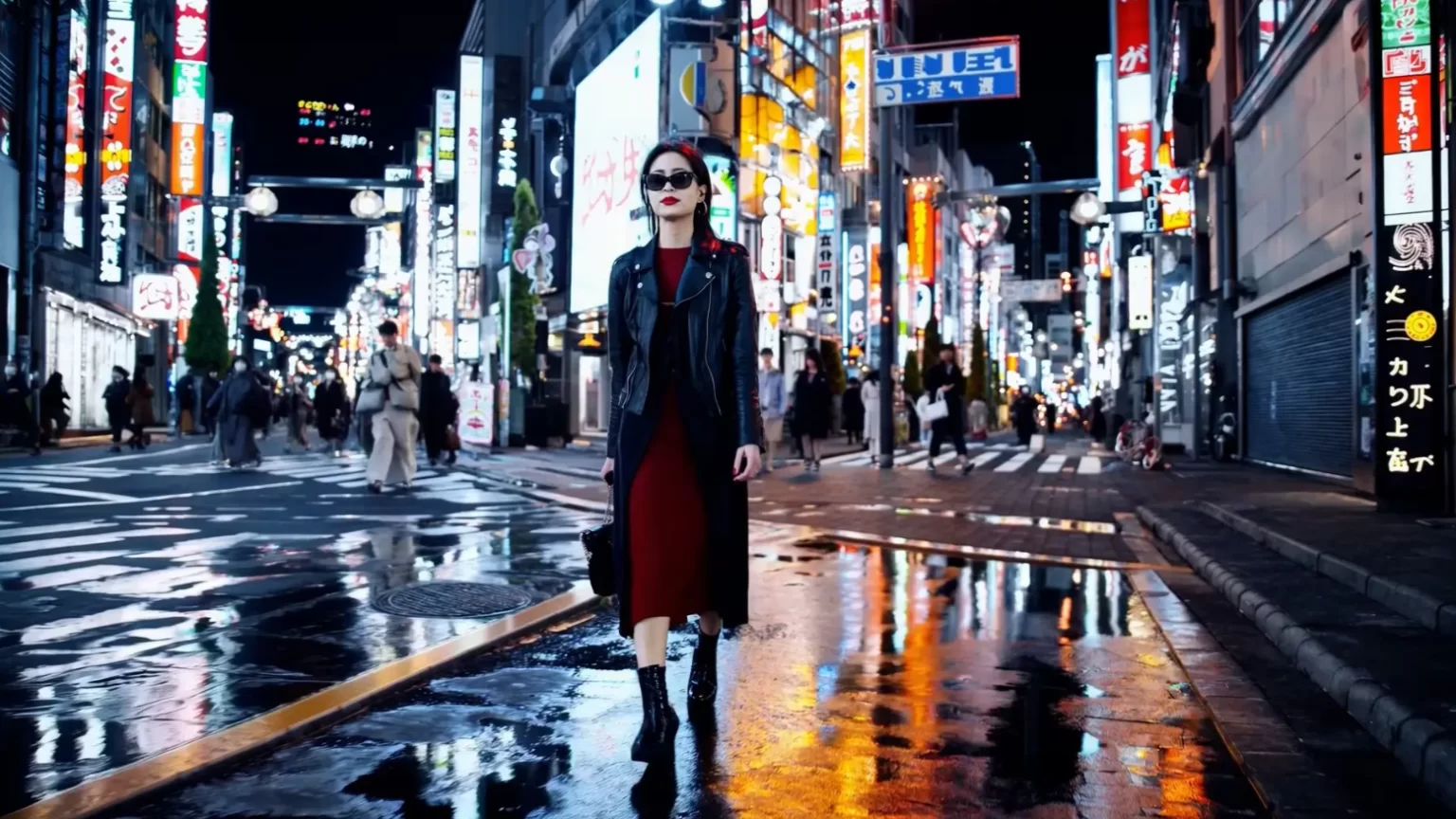In a bold move against OpenAI, a group of artists who were part of the beta testing program for the company’s Sora text-to-video model have allegedly leaked access to the highly anticipated AI tool. The leak, which occurred on Tuesday, was shared via Hugging Face, a popular platform for AI models. The artists involved in the leak claim that they were exploited for unpaid labor under the guise of contributing to a creative partnership. They argue that OpenAI used them for “research and development” (R&D) and public relations (PR) efforts without compensation.
Leaked OpenAI SORA is f*cking good 🤯 pic.twitter.com/jnKcWOOrfr
— Haider. (@slow_developer) November 26, 2024
The Leak and the Artists’ Claims
Sora, OpenAI’s cutting-edge text-to-video AI model, was initially teased in February, with few updates about its public release since then. The leaked version, which allowed users to generate videos based on text prompts, appeared to closely mirror OpenAI’s own demo content. The group of artists who had early access to the tool expressed frustration with the way they were treated during the testing process. In their public letter, they accused OpenAI of “art washing” — using artists to lend the AI tool credibility for marketing purposes while failing to support them meaningfully.
The open letter from the protesting artists reads:
“ARTISTS ARE NOT YOUR UNPAID R&D”
The letter emphasized the artists’ belief that OpenAI was luring them into its program under false pretenses, claiming that they were being invited as “creative partners” while in reality, they were being used as free testers and sources of content for the company’s product development. The artists made it clear that they were not opposed to the use of AI in the arts but objected to the exploitation of their work without fair compensation. They wrote, “We are not against the use of AI technology as a tool for the arts… What we don’t agree with is how this artist program has been rolled out and how the tool is shaping up ahead of a possible public release.”
Their grievances extend beyond unpaid labor to include the restrictive content approval process imposed by OpenAI. According to the letter, OpenAI required that “every output needs to be approved by the OpenAI team before sharing,” further illustrating the limited creative freedom afforded to those involved in the early testing.
OpenAI’s Response
In response to the leak and the artists’ accusations, OpenAI declined to confirm or deny the authenticity of the leaked Sora model. Instead, the company reiterated its stance that participation in the “research preview” of Sora was entirely voluntary, with no obligation to provide feedback or even use the tool.
OpenAI spokesperson Niko Felix stated, “Sora is still in research preview, and we’re working to balance creativity with robust safety measures for broader use.” He emphasized that the company had offered early access to hundreds of artists, with the goal of shaping the model’s development through feedback. OpenAI also mentioned that it plans to continue supporting artists through grants, events, and other initiatives. The spokesperson further emphasized OpenAI’s commitment to making Sora a “useful and safe” tool for the creative community.
The Impact of the Leak
While OpenAI works on refining the tool, the leak has sparked intense debate within the art and AI communities. The protest highlights ongoing concerns about the intersection of art, AI, and corporate interests. As AI-generated art tools become increasingly sophisticated, questions around authorship, compensation, and exploitation continue to surface. The controversy surrounding Sora is just the latest in a growing conversation about the ethical implications of using AI in creative fields.
The protest is not only about the treatment of artists but also the broader implications of how companies like OpenAI are developing and releasing their AI tools. The artists’ criticisms underscore a deeper issue: AI tools are often trained on vast amounts of data generated by creatives, yet the creators behind this data frequently receive little to no recognition or compensation for their contributions.
The Future of Sora and AI Art
Sora’s full public release has yet to happen, with former OpenAI CTO Mira Murati previously stating that it would be available by the end of 2024. However, OpenAI has indicated that it wants to ensure the model is fully vetted and safe for widespread use before launching it. In addition to the technical challenges, OpenAI faces growing scrutiny over the ethical concerns raised by artists and other stakeholders in the creative community.
As the debate over AI-generated art continues, the leak of Sora has intensified calls for clearer guidelines and better protections for artists involved in the development of AI technologies. Whether OpenAI will address these concerns in future releases remains to be seen, but the incident has certainly sparked a much-needed conversation about the relationship between AI companies and the creative professionals who help shape their products.
